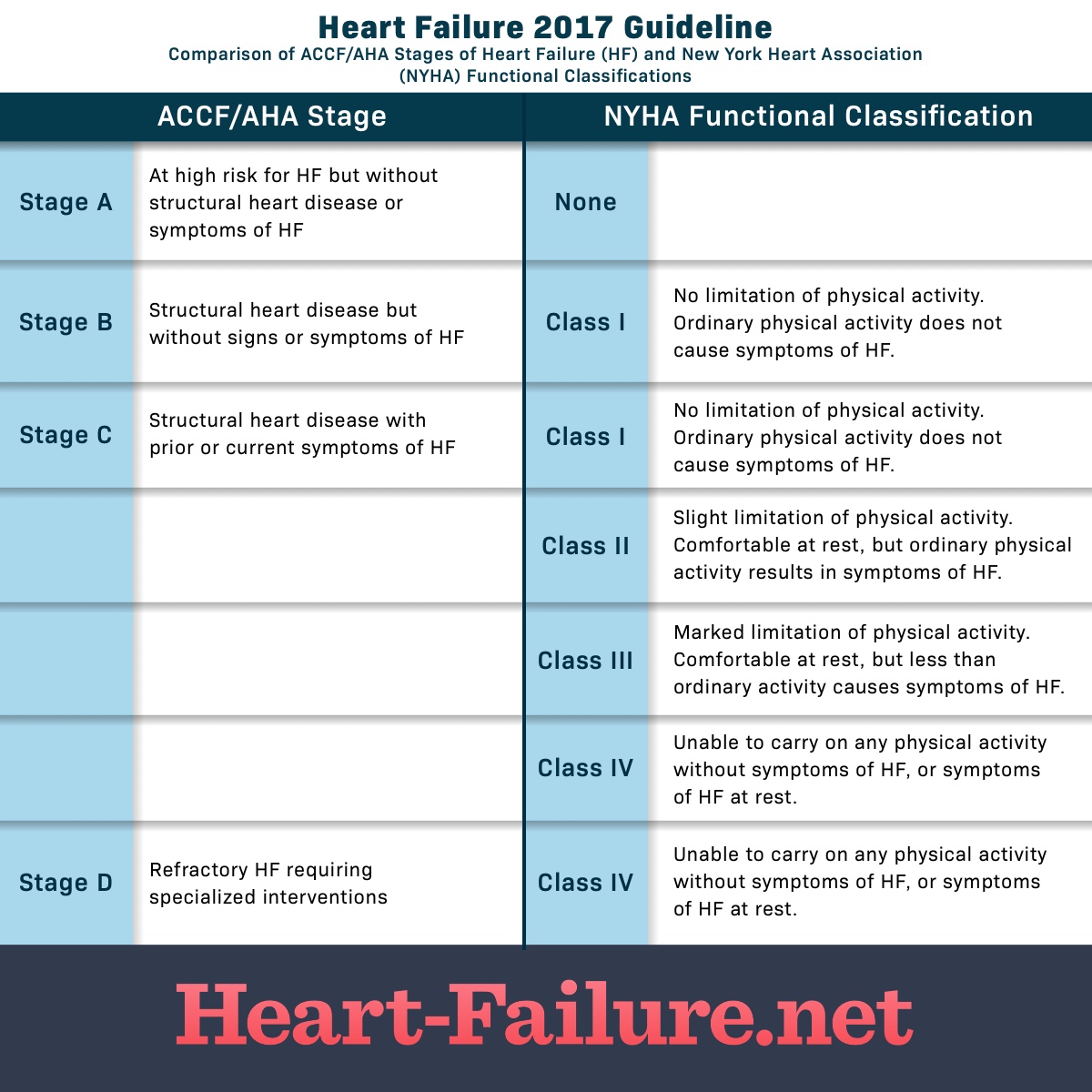
9 Questions to Ask Your Provider After a Congestive Heart Failure Diagnosis
MARCH 18, 2024
By THE CORMEUM TEAM
If you’ve recently been diagnosed with congestive heart failure, you’re not alone. About 6.2 million adults in the United States live with the condition.
Heart failure is a condition in which the heart cannot pump enough blood to meet the body’s needs. It can be acute (meaning it develops suddenly) or chronic (meaning it develops over time). It is often caused by other medical conditions that negatively affect your heart.
Some contributing conditions include high blood pressure, diabetes and coronary artery disease. In some cases, heart failure can be caused by a heart attack or other damage to the heart muscle.
For those with a recent heart failure diagnosis, you’re likely experiencing feelings of uncertainty or even fear. This is all perfectly normal. The first step is to talk to your doctor about your diagnosis, treatment plan and lifestyle adjustments you may need to make as you navigate life with heart failure.
In this blog post, we’ll suggest nine questions to ask your provider and tips for a successful first visit.
1. What caused my heart failure?
Your heart failure may be the result of a number of conditions, including high blood pressure or diabetes, which can place extra strain on the heart. Sometimes, it’s due to damage from a heart attack. Your doctor will explain the root cause to help you understand how best to treat your condition with medication and lifestyle changes.
2. How severe is my heart failure?
There are two widely accepted metrics for determining the severity of your heart failure: subjective and objective. Both are divided into four groups, and both can be useful when patients and their providers discuss treatment.

3. What is my treatment plan?
Your treatment plan may include medications such as ACE inhibitors, ARBs, beta-blockers or diuretics, depending on your diagnosis. But treating heart failure involves more than meds. Your doctor will likely recommend changes to your diet or exercise routines, stress management techniques, or even surgical interventions.
Your treatment plan is also likely to change as your heart failure progresses or stabilizes. Be sure to keep all appointments with your doctor to ensure your plan is up to date with the current state of your heart.
Here are a few additional questions to ask in regards to your treatment plan:
- Which medications will I be taking?
- Are there any over-the-counter medicines or supplements I should avoid?
- How can I manage the side effects of my medications?
- Am I a candidate for cardiac rehab?
- What test should I get and when?
4. What lifestyle changes will have the most significant impact, given my condition/progression?
Changing your diet, adding doctor-approved exercise and managing your weight can all contribute to living well with heart failure. It’s hard to turn over all the new leaves at once, though, so ask your doctor which lifestyle changes are a high priority and which will make the most impact.
Make a plan to roll out all recommended changes as recommended.
- What diet should I follow?
- How much water should I drink every day?
- Is it OK to drink alcohol in moderation?
- Can you help me find a heart failure nutritionist?
- Should I try to lose weight?
- How much exercise is recommended for my condition?
5. How can I best manage my condition at home?
Monitoring symptoms (especially new or worsening ones) and tracking metrics like weight, blood pressure and medications is key to keeping you healthy. Your doctor may recommend you keep a symptom and food diary that you will bring to appointments.
The good news is you can do this right on your phone. Apps like Cormeum allow you to track the exact metrics you and your doctor need to evaluate changes between appointments. You can also keep track of food intake and sodium levels right in the app.
- What happens if I slip back into my unhealthy habits?
- How can I stay motivated to stick to a heart-healthy lifestyle?
- What’s the best way to manage my medication schedule?
6. How often do I need to come in for visits or treatment?
The frequency of your doctor’s visits will depend on the severity of your heart failure. Regular appointments are an important part of managing your condition. Make sure to check in with your doctor between visits if anything changes or new symptoms arise.
7. What symptoms would trigger a doctor’s appointment or trip to the emergency department?
Any change in your condition warrants a call to your doctor. This includes new or worsening symptoms, sudden weight gain or swelling in your legs or abdomen.
Some symptoms require immediate medical care. If you experience any of the following, seek treatment immediately:
- Shortness of breath at rest.
- Frequent dry, hacking cough.
- Increased swelling in the lower body.
- Sudden weight gain of two or more pounds within 24 hours.
- Loss of appetite.
- New or worsening dizziness or sadness.
- Inability to lie flat.
8. Are there any activities that I should not do?
Exercise is an important part of keeping your heart as strong as possible, but there may be limitations on things like heavy lifting or fully submerging in water.
9. What should I do if I start feeling sad or anxious about my diagnosis?
Depression and anxiety are common in heart failure patients. Your diagnosis will affect every part of your life, and that can leave you feeling uneasy. You may even find yourself grieving the loss of your pre-diagnosis self. Ask your doctor for a referral to a qualified mental health professional who specializes in patients with heart disease or chronic conditions.
You may also consider a support group for others going through the same thing.
Tips for a Successful Visit
These heart failure questions can serve as a conversation starter for you and your doctor. It’s critical that you understand your diagnosis and treatment plan. Here are a few tips for a successful first visit post-diagnosis:
- Ask until you understand. If you have follow-up questions or don’t understand an answer, keep asking until it’s clear.
- Follow up as needed. If other concerns or questions arise once you’re at home, call the office and ask for a nurse or use an online patient portal if available.
- Bring a friend. Many patients also find it helpful to have a family member or friend along during initial doctor’s visits to take notes. This person can offer support and a second set of ears to process all the information.
- Write it down. Before your initial visit or between visits, write down any questions you have. It’s easy to forget once you’re in the room.
We’ve created a downloadable sheet outlining the questions above. Print it out and bring it along to your first appointment for easy reference.

